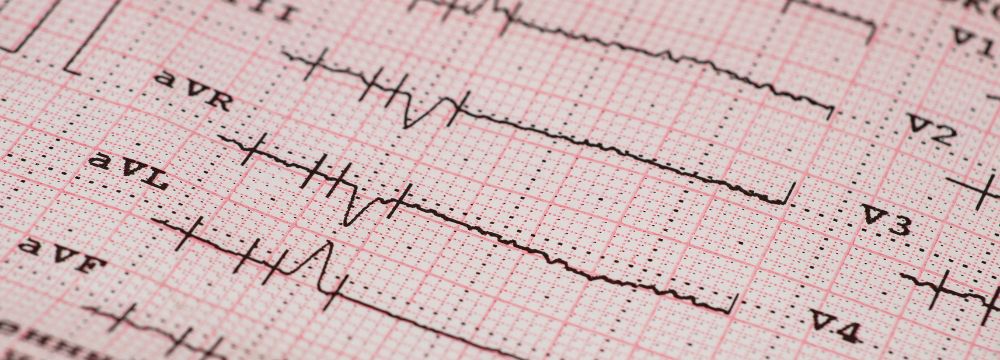Atrial Fibrillation (Afib) Diagnosis – Should You Be Worried?
December 4, 2023

It’s always worrisome to get a new diagnosis, especially when it has to do with your heart. A common heart condition that you may have heard of is atrial fibrillation or AFib. Afib is more prevalent than many think. About five million Americans have it, and it is newly diagnosed in over 200,000 new patients every year – many more may go undiagnosed. AFib is not life-threatening in and of itself, but if it goes unnoticed and unmanaged, it can cause other, more severe heart conditions to develop.
What is AFib?
Atrial fibrillation occurs when you develop a fast, irregular heartbeat starting in the heart’s upper chambers, known as the atria. This causes the atria to be out of sync with the lower chambers or ventricles. Afib can go unnoticed in some patients (silent Afib), but symptoms can include palpitations, shortness of breath, fatigue, lightheadedness or dizziness, chest pain, or reduced endurance while exercising. Afib can be mild and occasional, called paroxysmal, or a chronic, lifelong condition, called permanent, with several classifications in between.
When to See a Doctor
A general rule of thumb is always to consult a doctor when you experience any irregular heart rhythm. If you have a family history of heart conditions, you should proactively see a cardiologist or electrophysiologist to watch for or diagnose any irregularities that might go unnoticed.
If AFib is suspected, your doctor will order tests to confirm the diagnosis. Tests include an electrocardiogram or EKG, which gives your electrophysiologist a snapshot of the heart’s electrical signals at one point in time. This can be insufficient to make a diagnosis of paroxysmal Afib, so many patients will require longer-term monitoring through a Holter monitor, event monitor, or loop recorder that can process more data and send it back to us for evaluation.
How Worried Should You Be?
Once you are in the care of a qualified electrophysiologist, you shouldn’t be overly worried about Afib. Otherwise, it’s best to understand what Afib feels like and the risks of not treating it in its early stages. Further, speak to Dr. Banker about the various treatment options available, which will likely include lifestyle changes, medication management, and a minimally invasive procedure to ablate tissue in the heart that causes the irregular heart rhythm. Ultimately, Afib is a very treatable condition in its earlier stages, and most qualified patients go on to enjoy life free of Afib. Patients with a high risk of stroke may also be recommended for medical therapy consisting of anticoagulants. Left Atrial Appendage closure, which significantly reduces the risk of stroke associated with Afib, is indicated for patients who are not good candidates for medical therapy.
The Bottom Line
If you are experiencing symptoms of AFib, schedule an appointment with Dr. Banker as soon as possible. The earlier it is diagnosed and treated, the less chance you have of more significant complications. While we don’t want you to actively worry about your atrial fibrillation, remember that it is a progressive disease that can worsen and become less treatable in time. As such, taking a proactive approach to treatment early in the disease state offers the best possibility for a life free of the symptoms of Afib.


